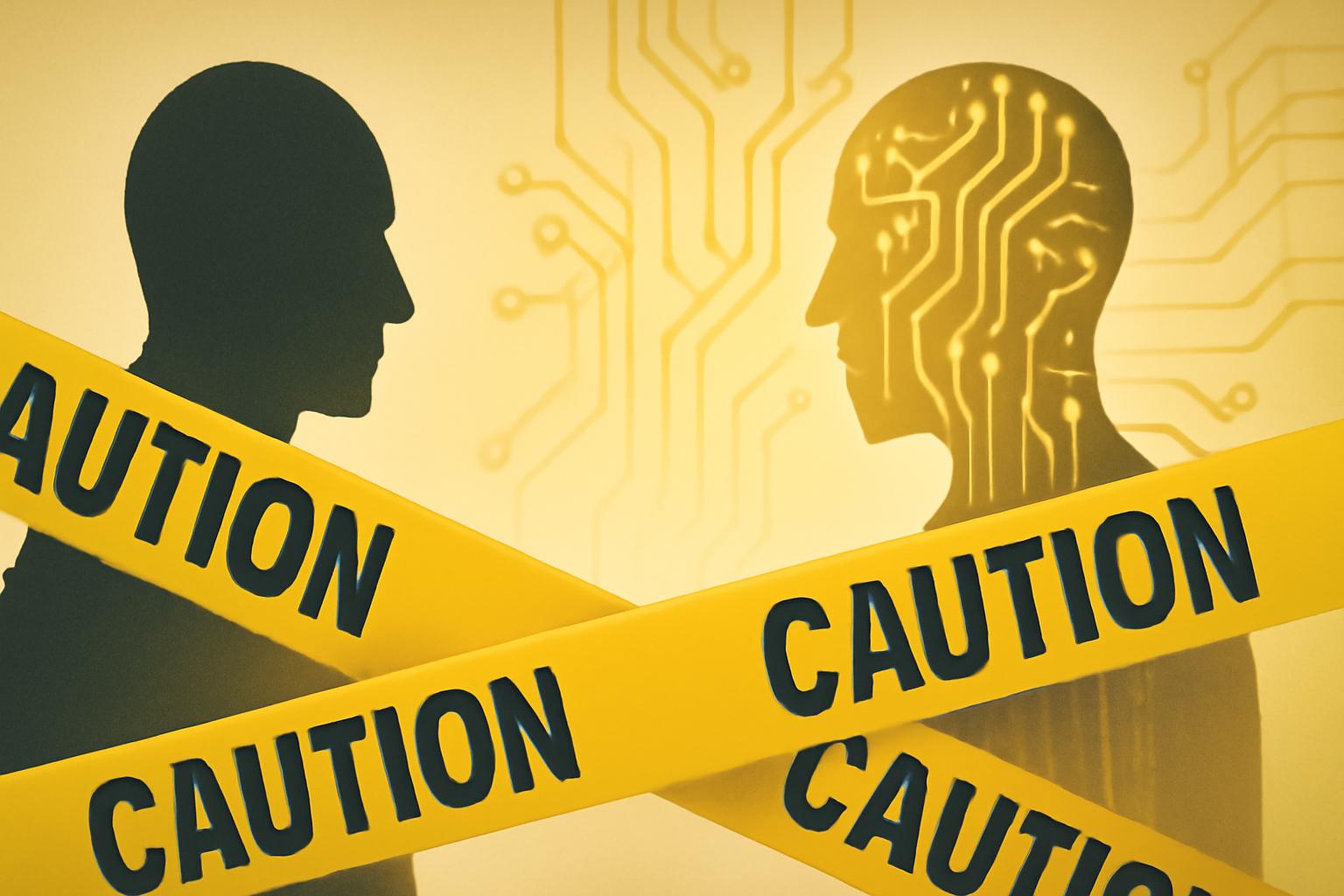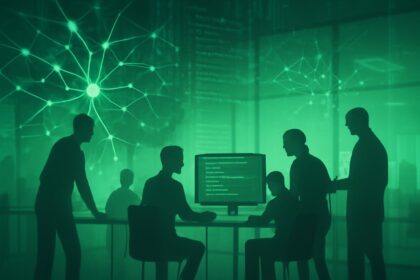Disney Sends Cease and Desist to Character.AI Over Copyright Concerns
The Walt Disney Company has issued a formal cease and desist letter to artificial intelligence startup Character.AI, demanding that the company stop using Disney’s copyrighted characters without authorization. This action was confirmed by a Disney spokesperson in a statement to CNBC on Tuesday.
Character.AI responded by removing the characters mentioned in the letter, emphasizing that it respects the rights of IP holders to determine how their intellectual property is used. The startup also highlighted that while some characters on its platform are original creations, others are inspired by popular existing characters.
“We want to partner with the industry and rightsholders to empower them to bring their characters to our platform,” a Character.AI spokesperson told CNBC. “Our goal is to give IP owners the tools to create controlled, engaging and revenue-generating experiences from deep fandom for their characters and stories, expanding their reach using our new, interactive format.”
Industry-Wide Efforts to Protect Intellectual Property Amid AI Growth
This cease and desist letter comes as part of a broader trend of media companies aggressively protecting their intellectual property in the rapidly evolving AI landscape. Disney is already engaged in litigation against AI image generator Midjourney, accusing the company of unauthorized use and distribution of AI-generated images based on Disney’s iconic movie characters such as those from “Cars,” “Toy Story,” “Shrek,” and “The Avengers.”
These legal battles highlight the challenges faced by content owners as AI technologies increasingly blur the lines of copyright and fair use.
Character.AI’s Legal and Ethical Challenges
Character.AI, known for allowing users to create and engage with character-based chatbots, has faced multiple legal and ethical challenges. In 2024, the company entered a $2.7 billion licensing agreement with Google, which also hired its founders. However, that same year, Character.AI became involved in a wrongful death lawsuit.
The lawsuit alleges that a 14-year-old boy in Florida, Sewell Setzer III, committed suicide after developing an addiction to interacting with AI chatbots on the app. One such chatbot was modeled after Daenerys Targaryen, a character from the television series “Game of Thrones.”
These incidents have intensified scrutiny on how AI platforms manage intellectual property and user safety.
Wider Industry Implications and Other AI IP Disputes
Character.AI is not alone in facing legal scrutiny regarding intellectual property rights. Earlier this month, a federal judge gave preliminary approval to a $1.5 billion settlement offer from AI company Anthropic. The settlement resolves a class action lawsuit brought by authors who accused Anthropic of illegally downloading their books and other materials from pirated databases to train its AI models.
These developments underscore the growing tension between AI innovation and copyright enforcement, as creators and rights holders seek to safeguard their works in an increasingly automated world.
FinOracleAI — Market View
The recent cease and desist letter from Disney to Character.AI highlights the intensifying battle between traditional media companies and AI developers over intellectual property rights. As AI technologies mature, the need for clear licensing agreements and collaboration between IP owners and AI platforms becomes critical to avoid costly litigation and reputational damage.
- Opportunities: Potential partnerships between AI firms and content owners could unlock new revenue streams through interactive, monetizable experiences.
- Risks: Ongoing legal disputes may delay AI innovation and increase compliance costs for startups leveraging copyrighted material.
- Regulatory scrutiny: Heightened enforcement actions could lead to stricter regulations governing AI content creation and IP usage.
- Reputational impact: Companies ignoring IP rights risk damaging their brand and user trust.
Impact: This development signals a more cautious approach from AI startups regarding intellectual property, encouraging proactive collaboration with rights holders to ensure sustainable growth in the AI content ecosystem.













